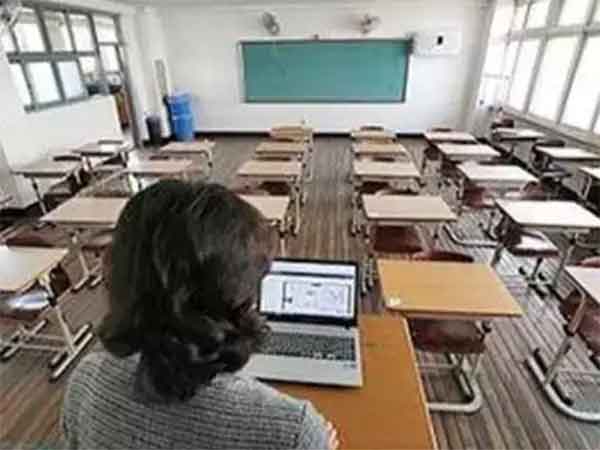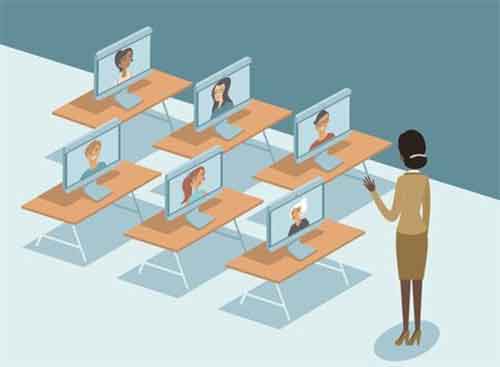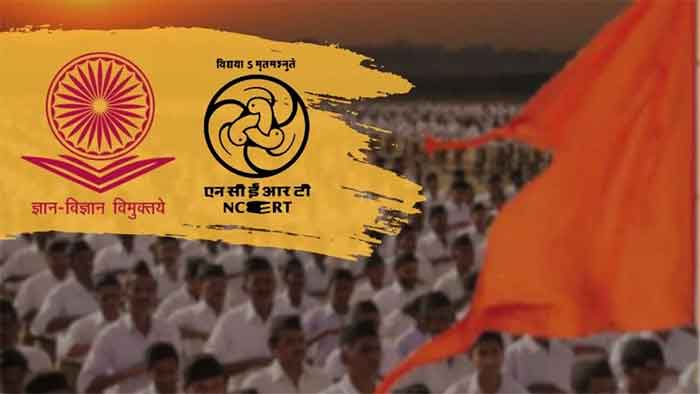
The unprecedented situation that the global community faces in the wake of Corona induced pandemic and the fear, panic, isolation and uncertainty that it has brought with it, has left many wondering about the future of the world in general and their lives in particular. We, and I am sure I can say this for almost the entire world population, would have never imagined that we will be uprooted from our everyday so called ‘normal’ life, locked down in the confines of our houses, curtailed in our interactions and will be expected to not only adapt to the new circumstances but also become adept in dealing with it and live with a new normal. The discussions in the private and public domains world over are a testimony to our anxieties and our various attempts at dealing with them. As studies of societies and communities over centuries reveal, a ‘new normal’ is always in the offing, but the current situation is unique since within a globalised economy, productivity is a non-compromising entity and hence, we all must work as usual.
As teachers, we had been facing the prospective transition to e-learning for a while now but the pandemic induced lockdown has only expedited the process of transcending the physicality of the classroom to engage in screen mediated visual interactions in the form of online classes, assessment and evaluation. Simultaneously, as scholars we are constantly trying to keep ourselves updated with new debates in our respective disciplines through academic discussions and interactions unfolding in the digital space in the form of webinars. All of these is more or less conveniently mediated by web portals and video conferencing applications like Google Meet/Hangouts/Classroom, Skype and Zoom from our living rooms or bedrooms. While we do so, we are constantly wondering what will it all amount to. This technologically mediated virtual interaction has indeed been instrumental in bringing some stability to the otherwise temporal chaos brought about by the pandemic and the quarantining. Additionally, by going about our business as usual, it has made most of us, the privileged ones sitting in the comfort of our houses, believe once again in human prowess and our ability to sail through even the worst of times. Of course, there is more to this discussion than is within the scope of this article and hence I will leave it for some other time.
The webinars in times of the pandemic are definitely a step towards sustaining academic life and giving a purpose to scholars. But it is not without its limitations. Every webinar has two sentences repeated incessantly, “am I audible?” and “am I visible?”, exposing the problems one faces in maintaining a consistent digital connectivity. In a country like ours where internet penetration is still only at 50%, even accessing the formal space itself might become a herculean task. In the current ‘event’ of lockdown and confinement, limited or negligible internet connectivity has already exposed the digital divide across the various strata of our society. Not surprising that it also has major implications on constructing and sustaining a more inclusive space for conversing within academia. However, my intention here is not to delve deeper into the nuances of this digital divide since much is being said about it on various forums. I intend to highlight yet another important dimension that has not been paid enough attention. In the last one week, I organised, participated and attended at least six webinars which had been mostly satisfying since it brought together people located in different parts of the country. I say ‘mostly’ because once the webinars were concluded, it struck me that I was, by habit, looking forward to a tea-break. Alas, there was none. It is no news, at least not to anyone in the field of academia that many heated debates, intense discussions, zealous exchange of knowledge, potential collaborations and social networking happen beyond the confines of the formal setting of a talk, panel discussion, paper presentation or an interactive session – the tea-coffee break. How often have we heard people say “lets discuss this over coffee”?
As a speaker and as a participant I have always enjoyed those tea/coffee sessions. Beyond the obvious reason that academicians cannot usually function without intermittent doses of caffeine, tea/coffee break is a transient space with fluid boundaries that allows semi-formal/informal one-to-one interactions especially between the speaker/panelist of the day and those shy, introvert, maybe under-confident participants who would dare not ask questions they deemed ‘stupid’ in the formal space of an interactive session. In my initial years in academia, I too preferred posing my queries to the speaker without subjecting myself to the penetrating gaze and sometimes judgement of an audience of 50-100 or maybe more people. I have noticed a similar tendency among many of my seniors, colleagues, juniors and now my undergraduate students, and very bright ones at that who often find it difficult to put themselves out there and subject themselves to what they consider ridicule or embarrassment. The tea/coffee breaks surely helped men and others like me in overcoming their apprehensions and bridged the conversational gaps left in the space of a formal event. As a speaker, many times, I have benefited more from the conversations unfolding during the breaks than the questions/comments posed during the interactive session.
It is a widely accepted contention that just like the other spheres of social life, social and cultural capital have an immense role to play in delineating the boundaries of the academic domain. It is more apparent in the social sciences than in the natural sciences since the former is heavily influenced by factors like proficiency in a certain language (mostly english), ability to articulate social science knowledge into comprehensive and consistent arguments and most importantly the entitlement to interject. With such power dynamics existing even in the pre-pandemic period, it is only imperative that we reflect upon our current situation and interrogate how this power dynamics unfold in the present. As I see it, in contemporary settings of a webinar, such participants who would find the tea sessions less intimidating as it allowed them to shed their inhibitions in whatever capacity they could and engage in conversations towards realising their scholarly ends, have been completely rendered invisible. This is the group that has lost their only possible space for reciprocal, comprehensive and critical engagements. Thus, a seminar or a conference, a talk or a panel discussion is incomplete unless the formal and the informal are temporally and spatially juxtaposed with each other making a space for free flowing yet enlightening and intense conversations. This combined space for real conversations, an integral part of academia which was so meticulously formulated, is now almost non-existent in the setting of a webinar where only one of the two-part event unfolds thereby delimiting what could otherwise have been a comprehensive and holistic interaction.
Dr Rashi Bhargava, Assistant Professor, Department of Sociology, Maitreyi College
SIGN UP FOR COUNTERCURRENTS DAILY NEWS LETTER















































